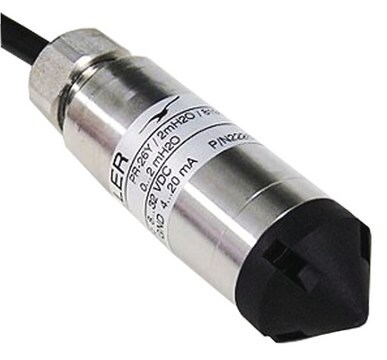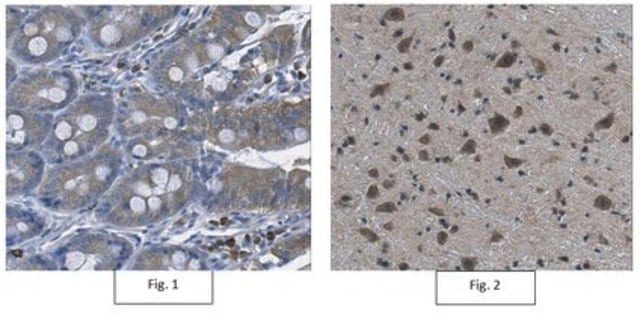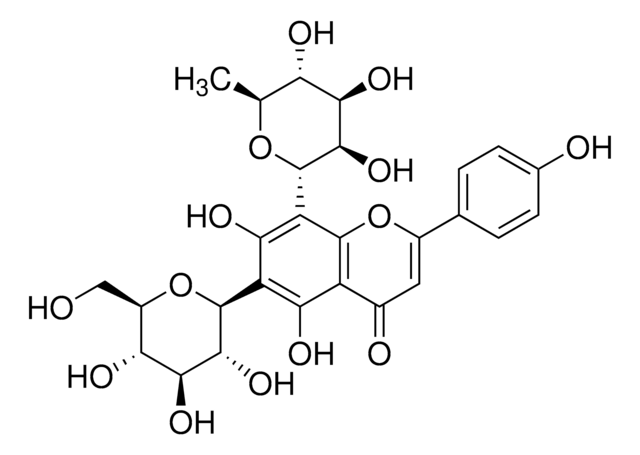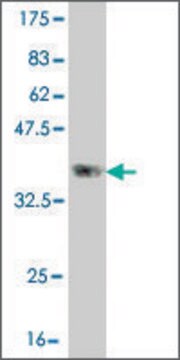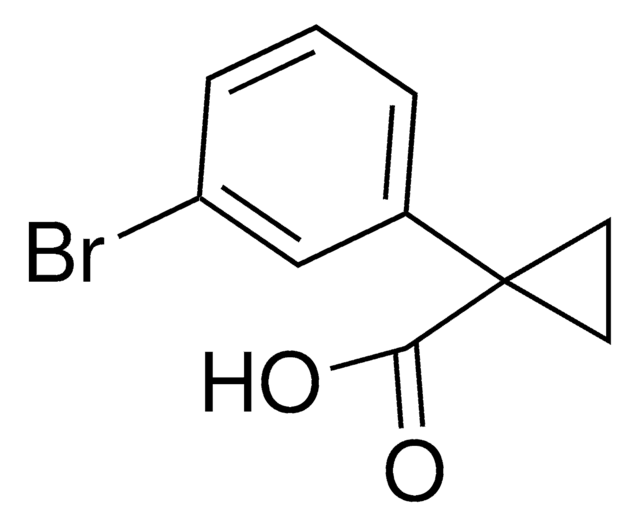108340
3-Hydroxy-2-quinoxalinecarboxylic acid
97%
Iniciar sesiónpara Ver la Fijación de precios por contrato y de la organización
About This Item
Fórmula empírica (notación de Hill):
C9H6N2O3
Número de CAS:
Peso molecular:
190.16
EC Number:
MDL number:
UNSPSC Code:
12352100
PubChem Substance ID:
NACRES:
NA.22
Productos recomendados
assay
97%
mp
267-268 °C (lit.)
functional group
carboxylic acid
SMILES string
OC(=O)c1nc2ccccc2nc1O
InChI
1S/C9H6N2O3/c12-8-7(9(13)14)10-5-3-1-2-4-6(5)11-8/h1-4H,(H,11,12)(H,13,14)
InChI key
NMOWGWOAPRKWIR-UHFFFAOYSA-N
Application
3-Hydroxy-2-quinoxalinecarboxylic acid was used to study the sorption of ionizable organic compounds to an estuarine sediment. It was used in the preparation of Zinc(II)-quinoxaline complexes which was characterized by X-ray crystallography and fluorescence spectroscopy.
Biochem/physiol Actions
3-Hydroxy-2-quinoxalinecarboxylic acid is an antagonist of excitatory amino acids and possesses anticonvulsant properties. It inhibits the 22Na+ efflux produced in 22Na+-preloaded brain slices by N-methyl-D-aspartate and kainate.
signalword
Warning
hcodes
Hazard Classifications
Eye Irrit. 2 - Skin Irrit. 2 - STOT SE 3
target_organs
Respiratory system
Storage Class
11 - Combustible Solids
wgk_germany
WGK 3
flash_point_f
Not applicable
flash_point_c
Not applicable
ppe
dust mask type N95 (US), Eyeshields, Gloves
Elija entre una de las versiones más recientes:
¿Ya tiene este producto?
Encuentre la documentación para los productos que ha comprado recientemente en la Biblioteca de documentos.
Serdar Badoğlu et al.
Spectrochimica acta. Part A, Molecular and biomolecular spectroscopy, 101, 14-21 (2012-10-27)
The mid-IR and Raman spectra of 3-hydroxy-2-quinoxalinecarboxylic acid (3HQC) were recorded. These spectra were interpreted with the help of B3LYP/6-311++G(d,p) calculations and potential energy distribution (PED) analysis. As a result of the calculations, seven tautomers were determined among many stable
H Frenk et al.
Brain research, 373(1-2), 222-226 (1986-05-14)
Three compounds reportedly blocking the N-methyl-D-aspartate (NMDA) receptor, namely 2-amino-5-phosphonovalerate, gamma-D-glutamylglycine and 3-hydroxy-2-quinoxalinecarboxylic acid, were injected subdurally onto the cortex of freely moving rats. All 3 compounds effectively suppressed behavioral and electrographic seizure activity induced by strychnine, morphine and picrotoxin
Cadmium (II) and calcium (II) complexes with N, O-bidentate ligands derived from pyrazinecarboxylic acid.
Barszcz B, et al.
Journal of Thermal Analysis and Calorimetry, 108(3), 971-978 (2012)
Ken-Ichi Sakai et al.
Dalton transactions (Cambridge, England : 2003), 39(8), 1989-1995 (2010-02-12)
Zinc(ii)-quinoxaline complexes, [Zn(hqxc)(2)(py)(2)] and [Zn(hqxc)(2)(DMSO)(2)] (hqxc = 3-hydroxy-2-quinoxalinecarboxylate, py = pyridine, DMSO = dimethyl sulfoxide), were prepared and characterized by X-ray crystallography and fluorescence spectroscopy. In both complexes, the zinc ion is six-coordinated by two equatorial bidentate hqxc ligands with
U Erez et al.
European journal of pharmacology, 110(1), 31-39 (1985-03-26)
Various aromatic acids have been investigated as putative ligands of excitatory amino acid receptors. 3-Hydroxy-2-quinoxalinecarboxylic acid (HQC), at 1 mM, was found to antagonize the 22Na+ efflux produced in 22Na+-preloaded brain slices by N-methyl-D-aspartate and kainate. The response to glutamate
Nuestro equipo de científicos tiene experiencia en todas las áreas de investigación: Ciencias de la vida, Ciencia de los materiales, Síntesis química, Cromatografía, Analítica y muchas otras.
Póngase en contacto con el Servicio técnico
